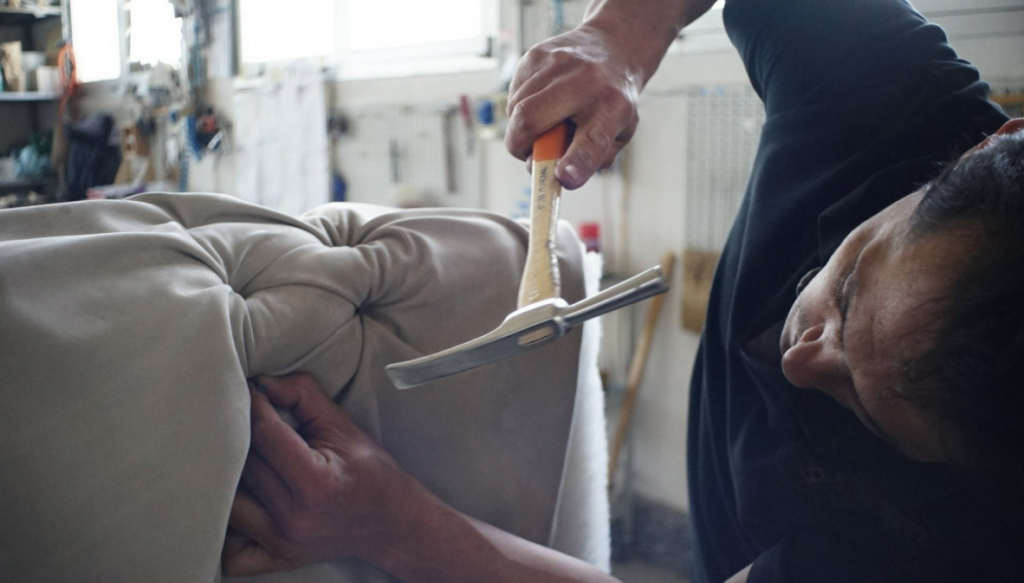SME manufacturers across all sectors are being urged to accelerate technology adoption to adjust to the economic challenges around the supply chain, energy costs, post-Brexit and COVID.
Made Smarter, the movement connecting UK manufacturing industries to digital tools, conducted a survey of some 200 SME manufacturers in the North West.
The results highlighted how the last two years affected them, and their approach to digitalisation and their priorities going forward.
The survey revealed while many (35%) makers, particularly smaller businesses, are focussed on survival after a turbulent few years, achieving growth by improving productivity and adopting digital technologies are key drivers for SMEs.
In fact, two-in-five manufacturers (38%) revealed they had plans to invest in or adopt new technology in the next two or three years. Meanwhile, one in three respondents said their latest business strategy included integrating digital technology or a roadmap towards automation.
The survey also showed that manufacturing leaders are exploring a range of technologies to revolutionise the way they make and distribute their products.
Almost half (44%) expressed an interest in data and systems integration technologies, while two-thirds were considering industrial machinery, robotics and automation.
The survey also tapped into attitudes towards technology adoption where it found almost a third (29%) cited productivity, efficiency, and output as key drivers for manufacturers in 2022 and beyond, despite the current business climate. Increasing revenue (18%) was the secondary motivator to invest in new digital tools, followed by attracting and winning new customers (17%).
However, while the majority (80%) of manufacturing leaders expressed a clear understanding of what they need to do and the benefits of investing in new technologies, once they are aware of the benefits, barriers to adoption remain.
Two in five (42%) manufacturers said that the lack of capital and funding to invest was holding them back from investing, as well as the lack of time (10%).
The survey also revealed a fragmented awareness of the business advice and support available, meaning SMEs are potentially missing out on valuable funding and support available to them.
Donna Edwards, Programme Director for the Made Smarter adoption programme in the North West, said the findings of the research show that the case for digitalisation has never been stronger.
“SME manufacturers have endured a few unsettling years and continue to face a multitude of recovery challenges,” she said. “They are aware that technology brings significant benefits and they risk being left behind by not capitalising on the opportunities on offer. But it is also clear that they need support and advice to create a roadmap to digital transformation to enable them to adopt the right digital tools, progressively and sustainably, to avoid risking wasted time, money and effort.”
Made Smarter was designed to overcome these and other hurdles by helping SME manufacturers navigate through complex technology advice and decisions.
Initial registration only takes five minutes and is followed up with a digital transformation workshop to identify core challenges, provide a bespoke digital manufacturing roadmap, and pinpoint other ways that Made Smarter can support a maker’s digitalisation.
Edwards added: “We have developed a simple and straightforward process which quickly gets to the heart of a business’s challenges and supports them to take that first step in their digital transformation.
“Hundreds of manufacturers have reaped the benefits of our impartial help, identifying the most effective technologies to boost productivity, efficiency, growth and create high value jobs. Meanwhile, hundreds more have taken advantage of funding opportunities to invest in those ideas, as well as investing in the right skill sets and leadership development to help them achieve their goals.
“Digitalisation is the key to UK manufacturing’s post-covid survival, recovery, and growth. And with new challenges at our door, such as rising energy prices, supply chain disruption and labour shortages, now is the time for business leaders to reach out and take advantage of the support on offer.”















